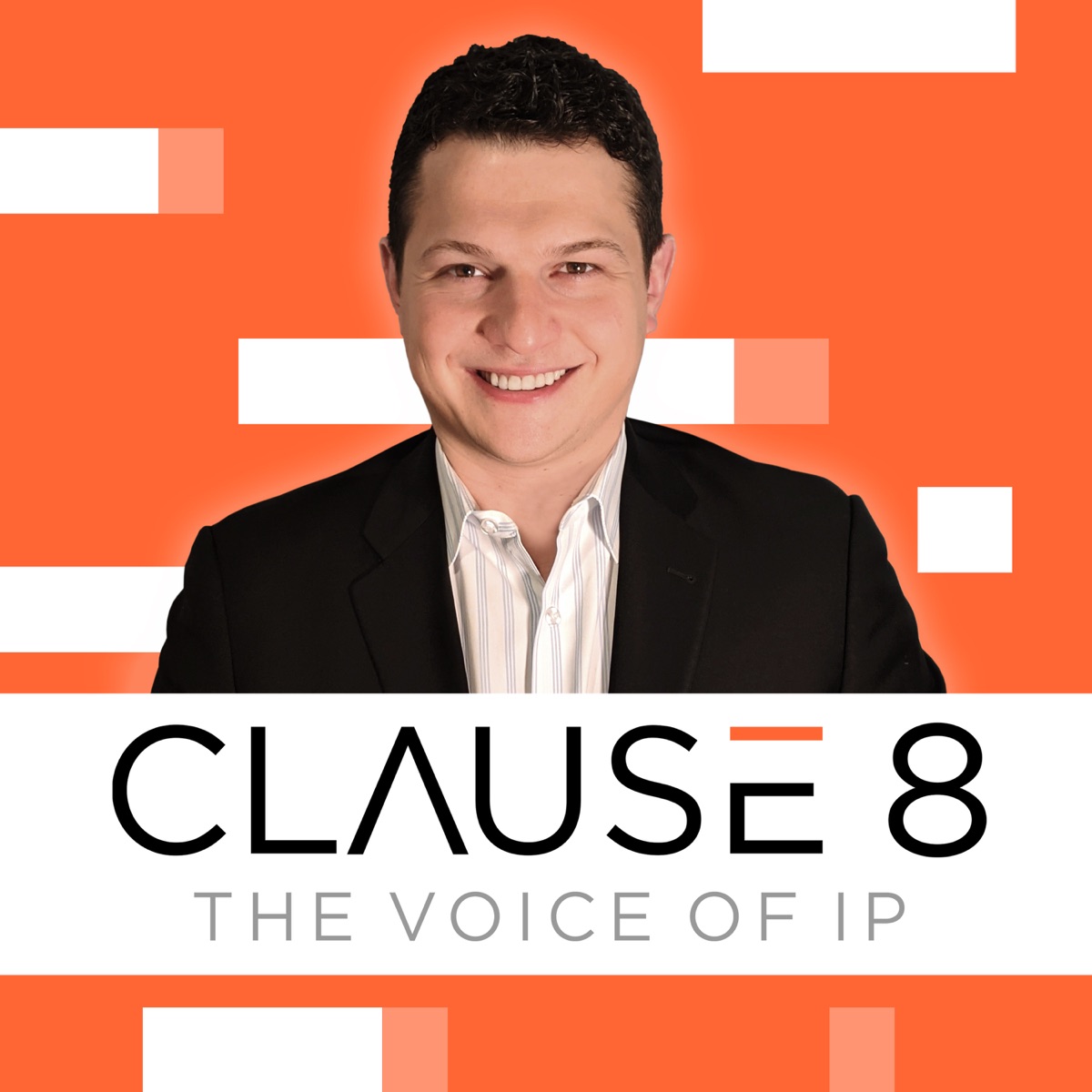Clause 8, Episode 23: Joseph Lentivech – An Ex-PTAB Judge on Ex-Parte Appeals
How does the USPTO’s Patent Trial and Appeal Board (PTAB) actually operate? What does it take to win an ex parte appeal? When should you request an oral hearing? What are the chances of the PTAB reversing a Section 101 rejection? How do you become an Administrative Patent Judge?
In this latest episode of Clause 8, I speak with former Administrative Patent Judge Joe Lentivech to get answers to these questions. He’s not only an expert in how the PTAB operates, but also a master storyteller.
While the PTAB’s post-grant proceedings get the most attention, most of its work involves deciding ex parte appeals. An appeal is usually filed after a patent examiner refuses to grant a patent. The appeal is assigned to a three-judge panel of the PTAB. While one judge is designated to write the decision, all three judges are supposed to take an active role before the final decision is issued.
Here are some excerpts from my conversation with Lentivech:
On how PTAB judges decide an ex parte appeal:
If it’s a good reference, it’s a good reference. I’m not going to ignore what the reference says.
On considering Section 101 Rejections before the Revised Patent Subject Matter Eligibility Guidance:
Before that guidance, almost every [time], I could find you a case that was probably close enough to reverse. I could find you another case that was probably close enough to affirm. There were cases all over the place, you could do whatever you wanted.
On the value of filing a Reply Brief:
I tried not to ever think this way, but every time I didn’t see a reply brief, my initial gut reaction – without even being able to control it – [was that] you gave up.
Warning & Disclaimer: The pages, articles and comments on IPWatchdog.com do not constitute legal advice, nor do they create any attorney-client relationship. The articles published express the personal opinion and views of the author as of the time of publication and should not be attributed to the author’s employer, clients or the sponsors of IPWatchdog.com. Read more.

Latest IPW Posts
Unveiling The Untapped Potential of Brazil’s Solar Energy Market
April 23, 2024 @ 07:15 amChamber Appeals Decision to Deny Expedited FOIA Request on March-In Proposal
April 22, 2024 @ 04:15 pmSCOTUS Scraps Vanda’s Bid for Guidance on Obviousness Standard
April 22, 2024 @ 02:15 pmEUIPO Implements Common Practice on Objectionable Trademarks
April 22, 2024 @ 12:15 pm

![[IPWatchdog Logo]](https://ipwatchdog.com/wp-content/themes/IPWatchdog%20-%202023/assets/images/temp/logo-small@2x.png)





![[Advertisement]](https://ipwatchdog.com/wp-content/uploads/2024/04/Artificial-Intelligence-2024-REPLAY-sidebar-700x500-1.jpg)
![[Advertisement]](https://ipwatchdog.com/wp-content/uploads/2024/04/Patent-Litigation-Masters-2024-sidebar-700x500-1.jpg)
![[Advertisement]](https://ipwatchdog.com/wp-content/uploads/2021/12/WEBINAR-336-x-280-px.png)
![[Advertisement]](https://ipwatchdog.com/wp-content/uploads/2021/12/2021-Patent-Practice-on-Demand-recorded-Feb-2021-336-x-280.jpg)
![[Advertisement]](https://ipwatchdog.com/wp-content/uploads/2021/12/Ad-4-The-Invent-Patent-System™.png)